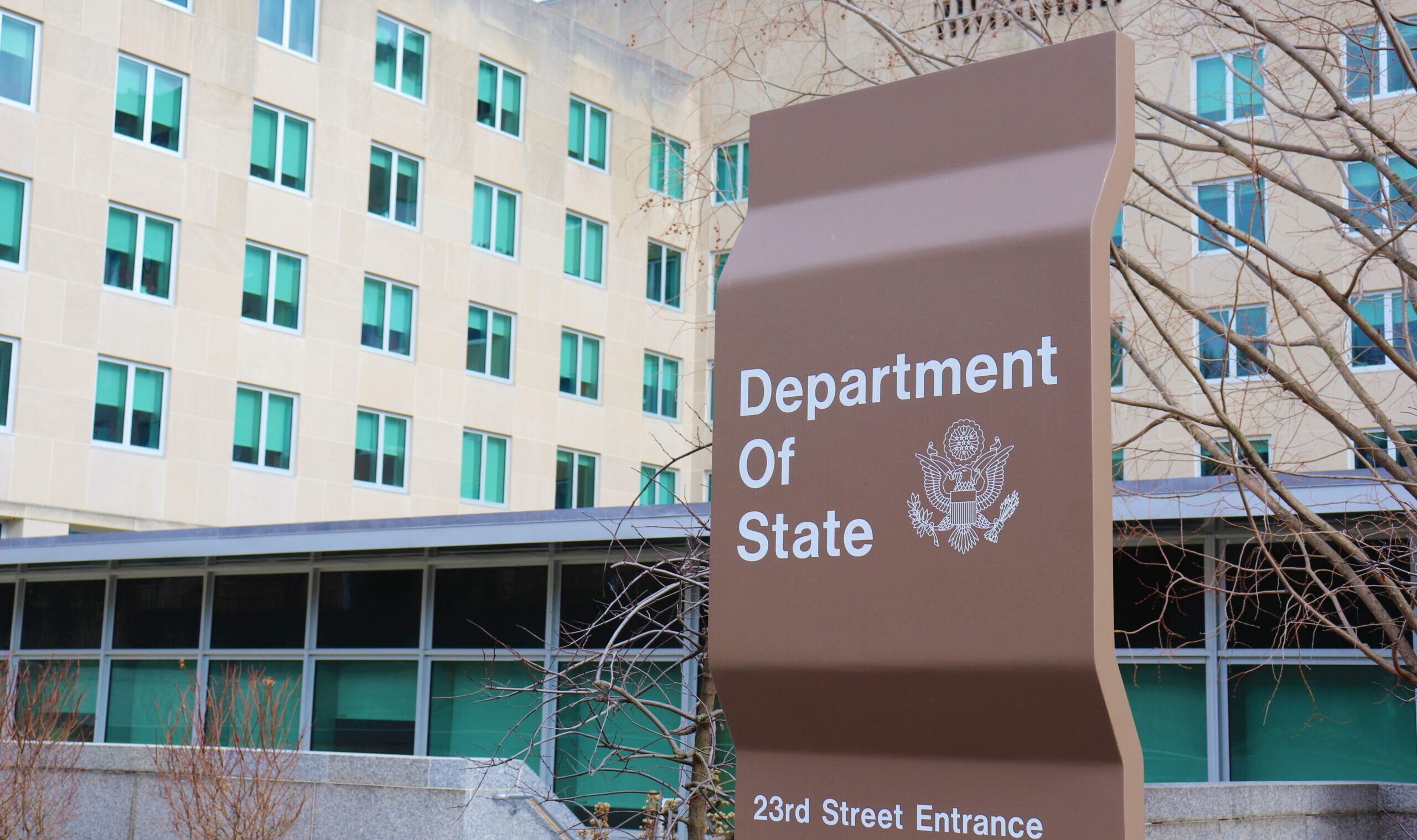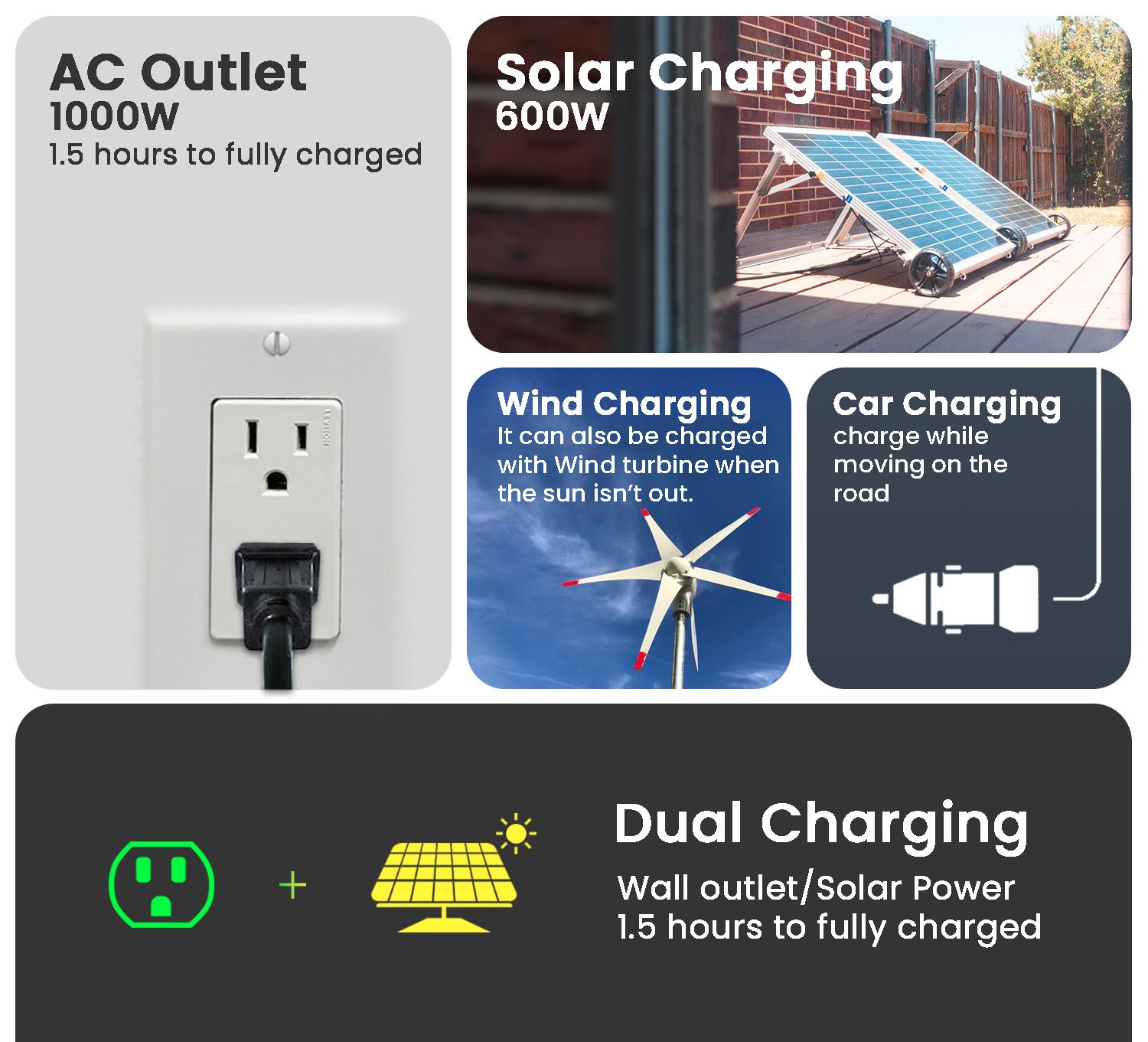Here Is the State Department Reform No One Is Talking About
The Bureau of Consular Affairs and its visa-issuing regime is a ripe target.

For all the emphasis on the southern border, the wall, asylum procedures, and criminal aliens, little ink has been spilled over the other side of immigration, the issuance of visas abroad to foreigners by the Department of State’s Bureau of Consular Affairs.
Literally millions of temporary nonimmigrant visas (tourist visas, students, temporary workers) are issued yearly, many of which go to foreigners who have no intention of ever returning home. They join the millions who flood across the southern border, entering quasi-legally and staying on indefinitely illegally. What reforms are due at State visa offices worldwide?
Project 2025 is harsh towards the State Department in general, citing one study which concluded the department is a “crippled institution suffering from an ineffective organizational structure in which regional and functional policies do not serve integrated goals, and in which sound management, accountability, and leadership are lacking.” The major source of the State Department’s ineffectiveness, Project 2025 believes, lies in its organizational belief that “it is an independent institution that knows what is best for the United States, sets its own foreign policy, and does not need direction from an elected President.” Strong medicine.
The Project contains many country-specific and region-oriented policy plans for State to follow to remedy all that. There’s always more to do, of course. For example, it is interesting how many major political events of the last few years crisscrossed the State Department: Hillary Clinton’s emails and Foundation shenanigans, the Steele dossier and many things Russiagate, and the first impeachment and Ukraine. And never mind that two Democratic presidential candidates, Clinton and John Kerry, found a home there. That’s an awful lot of partisanship for an organization that brags about being non-partisan.
Yet for all the policy and institutional changes proposed for State, it is the visa function which Project 2025 singles out as among the most important. The Project says
[BLOCK]the department’s most noteworthy challenge on the global stage has been its handling of immigration and domestic security issues, which are inextricably related. The State Department’s apparent posture toward these two issues, which are of paramount importance to the American people, has historically been that they are of lesser importance than other issues and that they can be treated as concessions in broader diplomatic engagements.
In other instances in which access to the U.S. in the form of immigrant (permanent) and nonimmigrant (temporary) visas could potentially serve as diplomatic leverage, it is almost never used. To some degree, the State Department and many of its personnel appear to view the U.S. immigration system less as a tool for strengthening the United States and more as a global welfare program. To ensure the safety, security, and prosperity of all Americans, this must change. [/BLOCK]
Stronger medicine.
What the Project is getting at is that visa issuance is typically divorced from larger policy issues and almost never used as a tool to gain concessions on other issues. It is instead given away; the mantra in the Bureau of Consular Affairs is that each visa case is decided individually without reference to larger global issues. Yet in many countries, particularly in the developing world, visas are a form of currency, and possession of a full American tourist visa, or having a son at an American university on a student visa, are treated as much as a sign of wealth and status as a nice home or an imported car.
Upstairs in an embassy the ambassador and his staff may fret about trade deficits while downstairs in the Consular Section visa candy is handed out to locals as if nothing is the matter. Project 2025 wants this “Chinese Wall” knocked down. It would question why the U.S. imposes significant tariffs on China with one hand to pressure the Chinese Communist Party while with the other freely handing out 64,187 multi-year tourist visas in the month of September 2024 (latest statistics) alone. Similar statistics show the leverage wasted in Russia (3,552 tourist visas monthly), Mexico (over 186,000 border crossing documents), and Iran (1,092 tourist visas), to name just three examples.
In most non-developed nations, the burden of some sort of visa pressure would fall nearly completely on the elite with tourist visas, or on important companies with leverage on their own governments in other cases (over 3,000 temporary worker visas were issued in China). Exceptions could always be made for compelling American interests, such as Google’s or Microsoft’s H1-B workers. It would just drive home the point of using visas as a negotiating tool, as Project 2025 envisions.
For example, one could imagine the impact of withholding visa issuances on Central American nations unwilling to cooperate with the U.S. on returning migrants, or a recalcitrant Mexico looking at the “Remain in Mexico” plan likely to be a Day One proposal from the Trump administration.
Project 2025 also calls for the evaluation of national security–vulnerable visa programs to protect the American people. The State Department should evaluate several key security-sensitive visa programs it manages. These include the Diversity Visa program, the F (student) visa program, and J (exchange visitor) visa program. The State Department’s evaluation must “ensure that these programs are not only consistent with White House immigration policy, but also align with its national security obligations and resource limitations.”
Following the events of 9/11, the visa issuing system underwent a massive overhaul, and numerous steps were added to the process. These include fingerprinting and photographing all applicants, and coordinating file checks among State and the intelligence agencies. Supporters point to the apparent success of the program—no new 9/11s—but Project 2025 calls for a more detailed answer. The threat still remains; the U.S. issued over 1,000 student visas to Saudis in July 2024, 32 to Yemenis, and 338 to Iranians.
But in addition to the broader security questions about student visa issuance addressed by Project 2025, there lurks the individual case questions and whether or not these will be folded into the individual visa decision. For example, how many of those Iranian or Saudi student visas are issued to students planning to study STEM fields applicable to nuclear engineering? Such data are unavailable. While some cumbersome speed bumps for that sort of thing exist in the current system, State visa officers are not empowered, never mind not encouraged, to refuse such cases outright at first glance on national interest grounds in alignment with national security obligations. It ain’t rocket science, people.
Project 2025 seeks such change, change which will require serious new thinking in the Bureau of Consular Affairs and closer coordination between Consular and the so-called “political” side of State. State may have held paid “crying sessions” after Trump’s election win, but it looks like the tears are just getting ready to get started.
The post Here Is the State Department Reform No One Is Talking About appeared first on The American Conservative.



